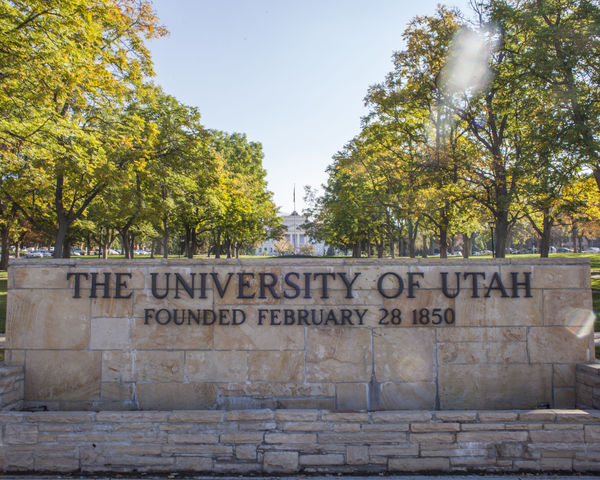The timeless debate about colleges and free speech was ignited again, this time regarding trigger warnings and safe spaces. In a letter sent to incoming freshman, the University of Chicago made it clear that it did not support either:
“Our commitment to academic freedoms means that we do not support so-called ‘trigger warnings’ we do not cancel invited speakers because their topics might prove controversial, and we do not condone the creation of intellectual ‘safe spaces’ where individuals can retreat from ideas and perspectives at odds with their own.”
As a student who personally enjoys discussing controversial topics, I understand the desire to maintain free and open inquiry in a university setting. That said, trigger warnings are about more than political correctness. They are not a way for students to opt out of learning about subjects they have personal qualms with. They are not an excuse for students to put on mental visors or avoid engaging with alternative schools of thought. The University of Chicago’s statement prompts a much needed discussion about what trigger warnings actually are.
Many people out there believe trigger warnings are infantilizing and prevent college students from becoming prepared for the realities of the “real world.” This is not the case. Trigger warnings originated on the internet as a way to prevent anxiety attacks and breakdowns from people who suffer from post-traumatic stress disorder. They signal that material may be distressing for certain people based on traumatic experiences in their life.
In other contexts, we are quick to realize the importance of avoiding causing someone this kind of discomfort and anxiety. With military veterans, for example, we recognize that loud noises can prompt memories of military combat. Would anyone call veterans weak or infantilized or argue that they should be exposed to trauma-inducing noises to help them prepare for the real world? No, that would be both insensitive and misguided. Trauma is not a sign of weakness. When it comes to those who have served in the military, we recognize this and are empathetic and understanding.
So why do we react differently to other kinds of trauma? PTSD can be experienced by anyone who has been through a seriously traumatizing experience. Physical abuse victims, sexual assault survivors, those who have been in car accidents; all can cause PTSD. No one who has lived through something traumatic should have to relive it and I certainly don’t think that person’s school should sanction this reliving.
Universities should be as aware of the presence of those who have been through trauma as anyone. National data has shown that one-in-five women and one-in-16 men will experience some form of sexual assault in college. Additionally, there are ongoing federal investigations into the mishandling of sexual assault cases at hundreds of colleges and universities, including Westminster, BYU and even the U. With the phrases ‘college campus’ and ‘sexual assault’ growing more synonymous with every news broadcast, neglect or refusal to assist traumatized students is particularly upsetting.
If it is politically correct to be more committed to the wellbeing of students who have experienced trauma than to upholding abstract and idealistic perceptions of intellectual freedom, then call me PC. While I believe free inquiry is necessary and essential in any society, I do not think making an announcement before class that a film contains a rape scene inhibits this in any way. Such announcements could prevent students from feeling distressed. The University of Chicago made it clear not so much that it is committed to freedom of speech, but that it is unaware of what an impediment on free speech would look like. The school and others should be more conscious of and accommodating to students who have experienced trauma.
letters@chronicle.utah.edu


